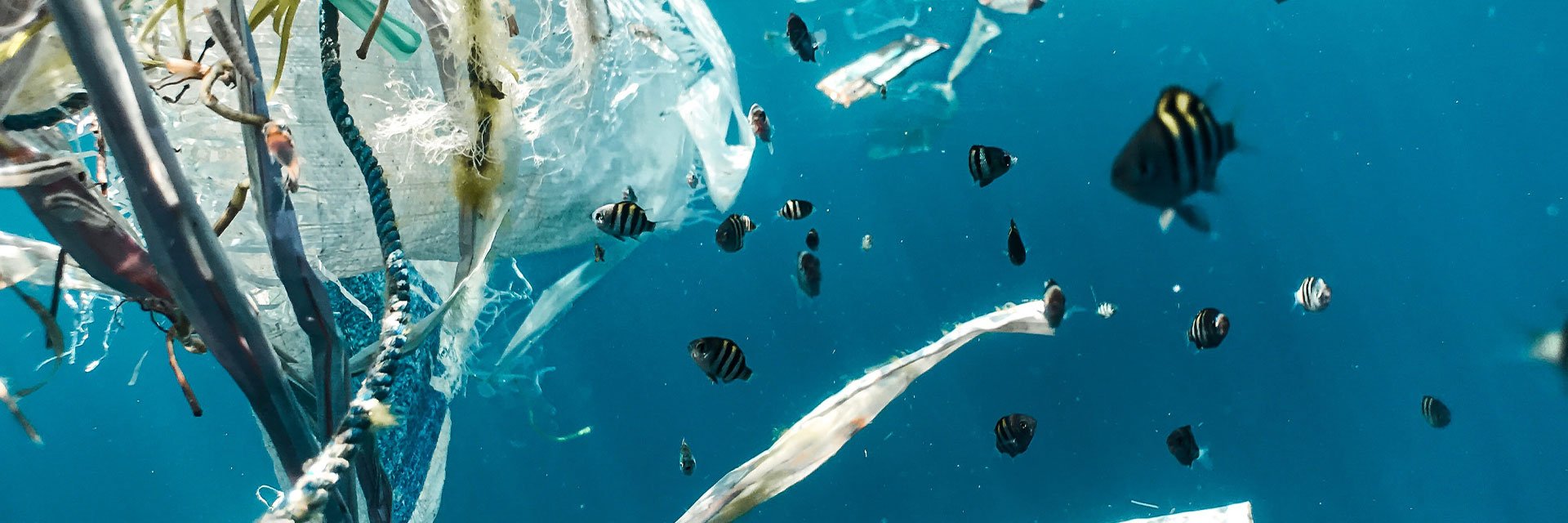
Global agreement to end plastic pollution
Plastic pollution harms wildlife, disturbs ecosystems, and has a negative impact on the livelihoods and social well-being of millions of people. For many years, Sweden has been one of the driving forces behind in the global work to end plastic pollution.
The global problem of plastic pollution is caused by unsustainable plastic production and consumption, as well as mismanaged plastic waste. In March 2022, the UN Environmental Assembly, UNEA, convened an Intergovernmental Negotiation Committee, INC, to develop an international instrument on plastic pollution. Based on the UNEA resolution 5.14 to End Plastic Pollution, the INC is tasked to develop a global legislative instrument with the objective to:
- Address the whole lifecycle of plastics, including microplastics, taking national circumstances and capabilities into account.
- Promote sustainable production and consumption of plastic.
- Support sustainable product design and environmentally sound waste management.
- Support transition to a resource efficient and circular plastics economy.
Over the years 2022-2024 there will be five negotiation meetings leading to the adoption of the new instrument in the beginning of 2025.
The Swedish EPA’s input
The Swedish EPA is very engaged in the global work to end plastic pollution. We support the Swedish government by participating in the negotiations and the intersessional work with the goal to achieve an ambitious global instrument to end plastic pollution. We do this by providing expert knowledge on land-based sources of plastic pollution, including the environmental state and methods for monitoring and evaluation. Also, we develop policy instruments to prevent the spread of plastic pollution from all parts of the life cycle.
In addition, we produce reports to strengthen the general knowledge base on plastic pollution and support the negotiations.
Contact and more information
Would you like to more about the agreement on ending plastic pollution? Contact Helén Klint, helen.klint@naturvardsverket.se.